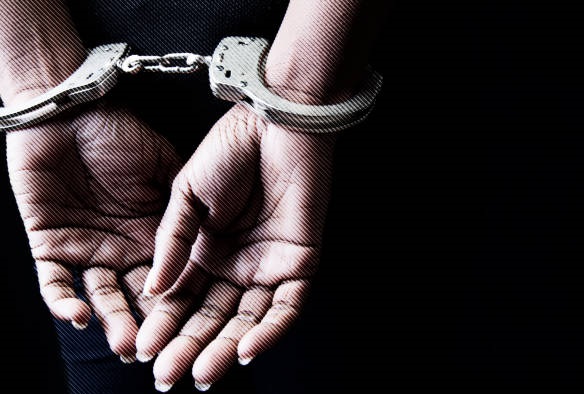by ARNOLD MULENGA
LUSAKA – THE jailing of two women for posting online videos “humiliating” and “harassing” the president marks the latest crackdown by Zambia under its divisive Cyber Crimes Act.
It also adds to the tensions arising from the death of former president, Edgar Lungu, early in June.
Catherine Mphanza and Mary Lungu (no relation to the deceased former president), both of Chipata in the Eastern Province, have been sentenced to 18 months and 24 months respectively for claiming on TikTok that President Hakainde Hichilema “killed” Lungu by initially denying him access to medical treatment.
They pleaded guilty when appearing before Chipata Magistrate, Destiny Kalusopa, on Monday.
In his ruling, Kalusopa said while the pair could each be alternatively fined K80 000 (US$3 448), that option could not be met because the videos posted by the two women were “aggravating.”
In any case, it was improbable they would afford it.
“In order to deter offenders and give integrity and dignity to the Office of the President and also those who hold the office, I am giving the duo custodial sentences.”
The court noted that in late June, Mphanza recorded and shared three videos “insulting” Hichilema. In one video, she is depicted using derogatory language, accusing the president of “wrongdoing” and vowing not to vote for him in the 2026 elections.
During the same period, Lungu is depicted as mocking the president’s physical appearance and accusing him of killing the former president.
Hichilema’s government and the family of ex-president Lungu are deadlocked over his burial, more than a month after he passed away in South Africa from an undisclosed illness.
Hichilema defeated Lungu in the 2021 presidential elections. He pledged to uphold the rights of citizens, which he said had been eroded by autocracy.
However, opponents accuse him of being dictatorial since assuming power. In April 2025, Hichilema signed Zambia’s cyber security bill into law.
Critics argue this is to stifle opposition but the government insists this law is necessary to curb hate speech and falsehood, among others, as well as cyber fraud.
Polls are scheduled for 2026 in the increasingly toxic Southern African country.
– CAJ News






